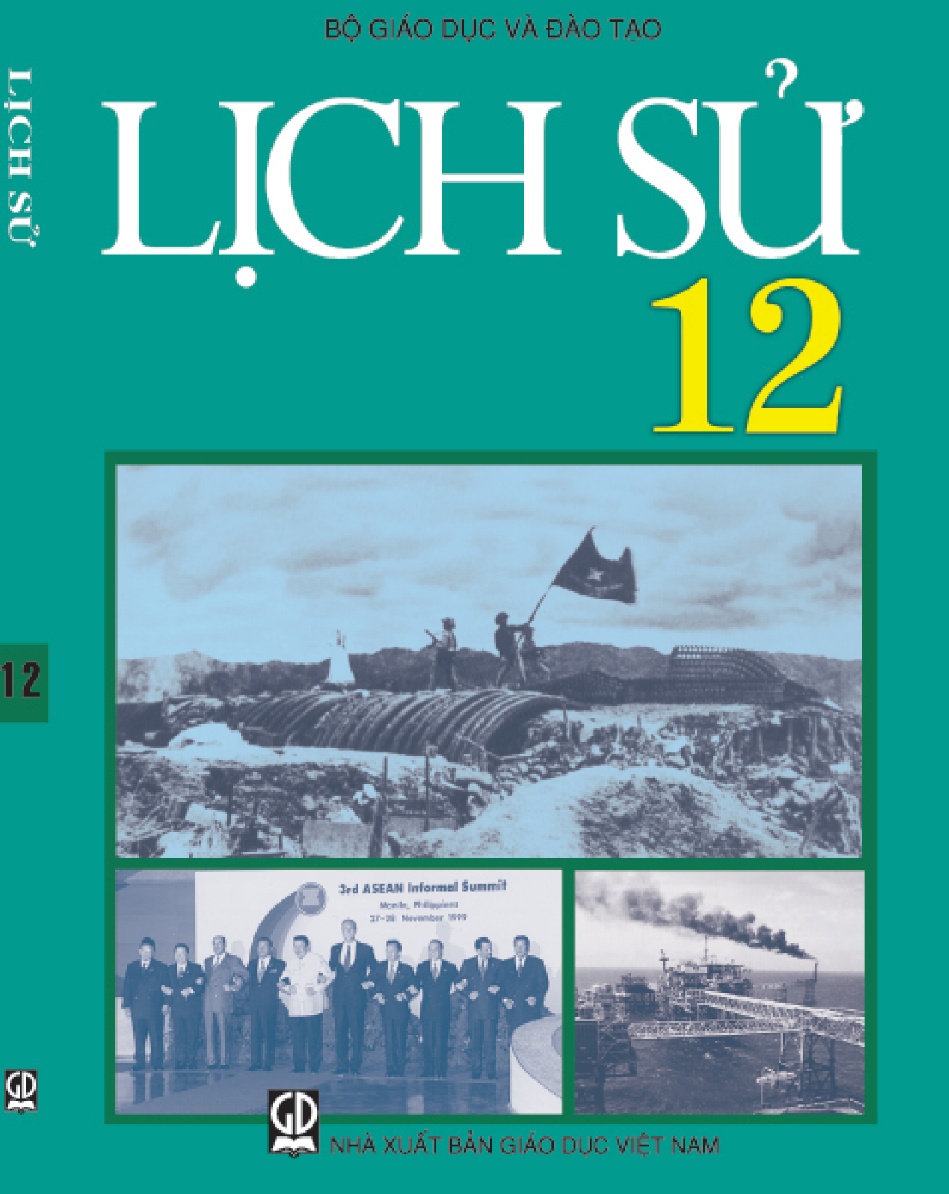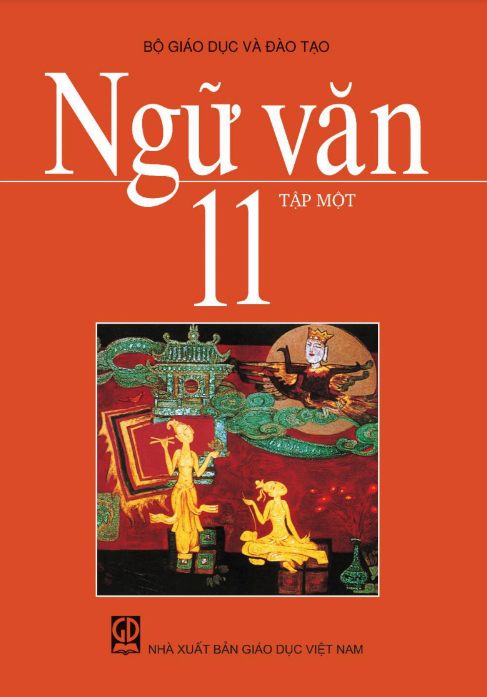(Page 95)
V. LISTENING
Fake news on the Internet

1. Work in pairs. Find 3 words in the wordsearch to show things you should look at to decide whether a piece of news is fake or not.
| G | I | T | E | R | G | F | H |
| K | E | M | E | W | A | A | W |
| H | L | O | A | K | A | U | H |
| Q | E | B | I | G | C | T | O |
| N | P | C | H | M | E | H | F |
| S | O | U | R | C | E | E | U |
| B | X | H | R | I | T | R | V |
| L | A | N | G | U | A | G | E |
2. Listen to three students talking about fake news. Match the speaker with his/her attitude towards fake news. There are TWO extra options. 🎧
Mai Nam Mark
A. He/She is worried about fake news.
B. He/She is not worried about fake news.
C. He/She doesn't care if it is fake news.
D. He/She is ashamed of spreading fake news.
E. He/She is annoyed by fake news.
3. Listen to the recording again and complete the notes below. Use no more than TWO words and/or numbers for each gap. 🎧
FAKE NEWS ON THE INTERNET
The rise of the Internet
- Popular source of information around the world
- In Viet Nam (2022): more than (1) _____ Internet users or around (2) _____ of the population
The problem with fake news on the Internet
- Reason: easy to post any information on the Internet
- Problem: can promote ideas which can be harmful to people and can change their (3) _____
Tips to avoid fake online news
- Make sure that the websites are (4) _____
- Check if the story appears on other trusted sites
- Pay attention to the language, e.g. full of spelling and grammar mistakes and (5) _____
4. Work in groups. Discuss these questions.
How helpful do you find the tips in the talk? Have you used any of them?



































